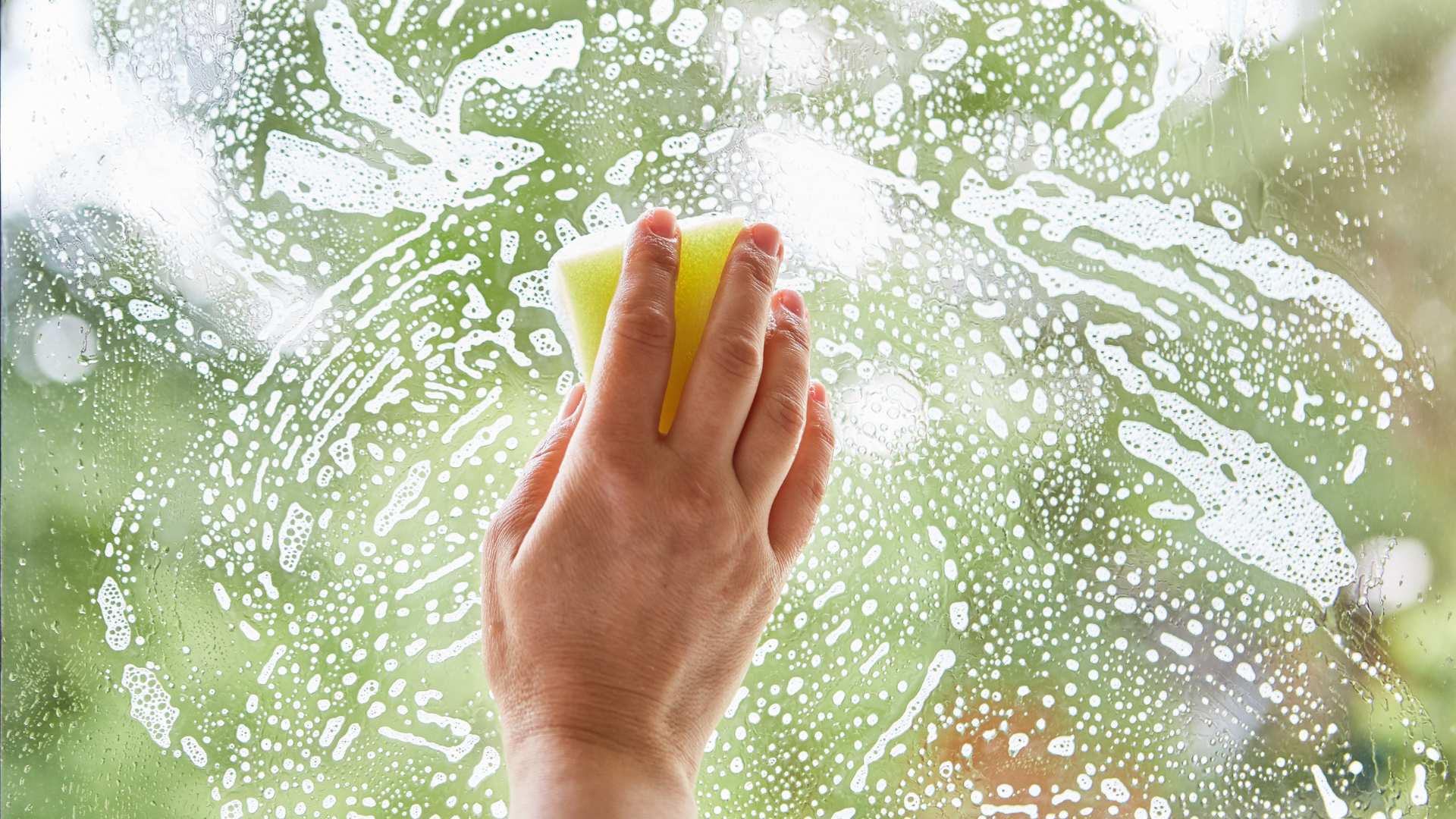Back to School, Back to Normal? The Effects of Pandemic-Era Education on Children’s Mental Health and How to Help Them Succeed This School Year

By Thrive Wellness Reno Therapist Falon Schnieder, MFT
Although deemed necessary for public health, the ever-changing and complicated precautions, shifts in socialization, and virtual learning implemented during the pandemic continue to have harmful effects on many children’s mental health. As children continue to face fluctuations in formal education amid a tumultuous pandemic period and ongoing uncertainty, therapy can help them process their emotions while also teaching them to practice resiliency in their return to school this fall.
HOW ABNORMAL SCHOOLING HAS CHANGED CHILDREN’S LIVES
For children, irregular education during the pandemic influenced:
- The way they express themselves and read emotions: Social cues are much easier to identify in person without the obstruction of computer screens and masks. Virtual learning and masks have disrupted children’s socialization skills by impeding their ability to express themselves and read emotions naturally.
- The way they use technology: Many children have developed an increased dependence on technology for both education and entertainment. In my clinical practice, youth cases of anxiety and aggression have risen with children’s expanded use of technology.
- The way they view the future: Many children that I work with are facing heightened health anxiety about the risk of sickness and death in themselves and their loved ones, which can be pervasive to their functioning and learning, such as by limiting their ability to focus and negatively affecting their sleep quality .
- The way they view themselves: Many children who have difficulty processing sensory information have struggled with virtual learning and mask-wearing. Consequently, these children may have acted out by not paying attention during online classes, not wearing a mask, or seemingly misbehaving in other ways. Despite good intentions, related punishment can lead to diminished self-esteem . Some children who were already introverted have become even more shy and fearful of social interaction.
- Their food and housing security: Many children relied on school meal programs which were largely inaccessible during the height of the pandemic and, in some cases, have not been reinstated. There was also an increase in rates of child abuse and neglect during this time. Educators often recognize and report signs of trouble at home, with 16% of child protective services investigated cases submitted by educators. Some children who suffered abuse or neglect at home went unnoticed while schools were closed.
THE STRUGGLES OF RETURNING TO TYPICAL SCHOOLING
Upon returning to normal instruction, children may experience challenges, such as:
- Social acceptance anxieties: Children that I’ve worked with have expressed fear that they won’t be accepted by their peers, a concern they didn’t have pre-pandemic.
- Unwillingness to leave their parents: Many children adapted to being at home more and may consequently struggle with anxiety about separating from their parents. Children who experience anxiety about their parents contracting illness may also resist attending school.
- Bullying : Some children who continue to wear masks have had negative interactions with peers who pass judgment.
- Struggle to re-adapt to structure: Children may also have difficulty adjusting to a stricter routine of in-person education.
HOW THERAPY CAN HELP CHILDREN READJUST TO TRADITIONAL INSTRUCTION
Throughout the pandemic, children have had to adjust and readjust to varying levels of restrictions. Facing yet another drastic life transition with the return to regular learning, children may feel confused, distressed, and fearful.
Therapy can help children accept and adapt to the change by:
- Validating the complex and wide-ranging emotions they may experience
- Allowing them to process grief over the loss of typical day-to-day activities
- Teaching them skills to cope with any anxiety
- Helping them integrate strategies that encourage their flexibility and resilience
- Empowering them to contend with any future unexpected life changes
HOW PARENTS CAN HELP FACILITATE THE RETURN TO STANDARD SCHOOLING
Even before the pandemic, schooling presented many challenges for children. The pandemic added complex layers to education, and as children return to more regular learning this fall, they may feel as if they are expected to automatically reacclimate to life as normal when it’s anything but.
Parents can support their children in this transition by:
- Understanding their child’s school day experience: Often, when parents ask their children about their school day, they will respond with a simple “good” or “fine.” To gain further insight, a parent can ask their child open-ended questions, such as, “What were the high and low parts of your day?” If children reveal they are struggling, parents can also ask if they want help solving the problem or if they just want someone to listen.
- Support them in finding solutions to any problems: If their child is facing challenges, a parent should determine whether to help their child self-advocate or to take a more direct role. If parents choose to allow their children to navigate their struggles independently, parents may encourage their children to rehearse self-advocacy interactions at home.
- Validating any of their child’s concerns: Parents should try to provide a welcoming, safe environment for their children to express their feelings related to school. Parents may even offer different ways for their children to communicate their emotions, such as through writing, play, and music .
MENTAL HEALTH SUPPORT FOR CHILDREN AT THRIVE WELLNESS
Many of Thrive Wellness’ mental health clinicians specialize in therapeutic approaches and programs for children, such as:
- Play therapy : A modality that allows children to express themselves in their natural language of play.
- Child-parent psychotherapy: An intervention tailored to children five years old and younger who’ve experienced trauma and involves caregivers.
- Circle of security parenting: A program intended for parents to learn different ways of connecting with their children to promote healthy bonding.
If your child is struggling with their imminent return to school or any other behavioral or mental health struggles, our therapists can provide care that empowers them to heal and grow. Reach out to learn more about our therapeutic services for children.
While all Thrive Wellness locations offer interdisciplinary clinical teams who collaborate to treat eating disorders, perinatal mood and anxiety disorders (PMADs), and additional mental and behavioral health conditions, programs and services may vary by location.
About the Author
Thrive Wellness Reno Therapist Falon Schnieder, MFT
Falon Schnieder, MFT, attended the University of Nevada, Reno, where she earned both a bachelor’s of science in human development and family studies as well as a master’s degree in counseling and educational psychology with an emphasis in marriage and family therapy (MFT). She began her career as a therapist serving children and adolescents with significant mental and behavioral health needs in an outpatient setting. Since then, Falon has worked extensively within a child welfare system where she worked with children entering into foster care, biological parents, and foster and adoptive parents.
As a rostered child-parent psychotherapy (CPP), she provides didactic therapeutic services to infants, children, and parents, and specializes in infant and early childhood mental health, trauma, and attachment. Falon is also a board-approved secondary supervisor providing training in child-parent psychotherapy for aspiring marriage and family therapists (MFTs) and clinical professional counselors (CPCs).
As a therapist at Thrive Wellness Reno, Falon serves children from infancy to age 17, families, and parents struggling with perinatal mood and anxiety disorders (PMADs). She is passionate about infant and early childhood mental health as well as providing support to caregivers during what can be the most rewarding, yet challenging endeavor — parenting. Falon enjoys helping families learn new ways to connect with each other, overcome challenges, and experience triumphs on their journey. She believes that providing mental health care services to the community is an important element of well-being for all and is an advocate for destigmatizing mental health.

Start your healing journey today
NEXT STEPS
Are you ready to find hope? We can't wait to connect you with the care you need. To get started with us, please reach out using the link below.

Obsessive Compulsive Disorder

Perinatal
Mental Health
Obsessive Compulsive Disorder
Perinatal
Mental Health
SITE MENU
THRIVE LOCATIONS
Reno, NV 89501
OCD & Anxiety Disorders
Luella Garvey House
Perinatal Mental Health
"It Takes A Village"
Virtual Program
All Rights Reserved | Thrive Wellness | PRIVACY POLICY





